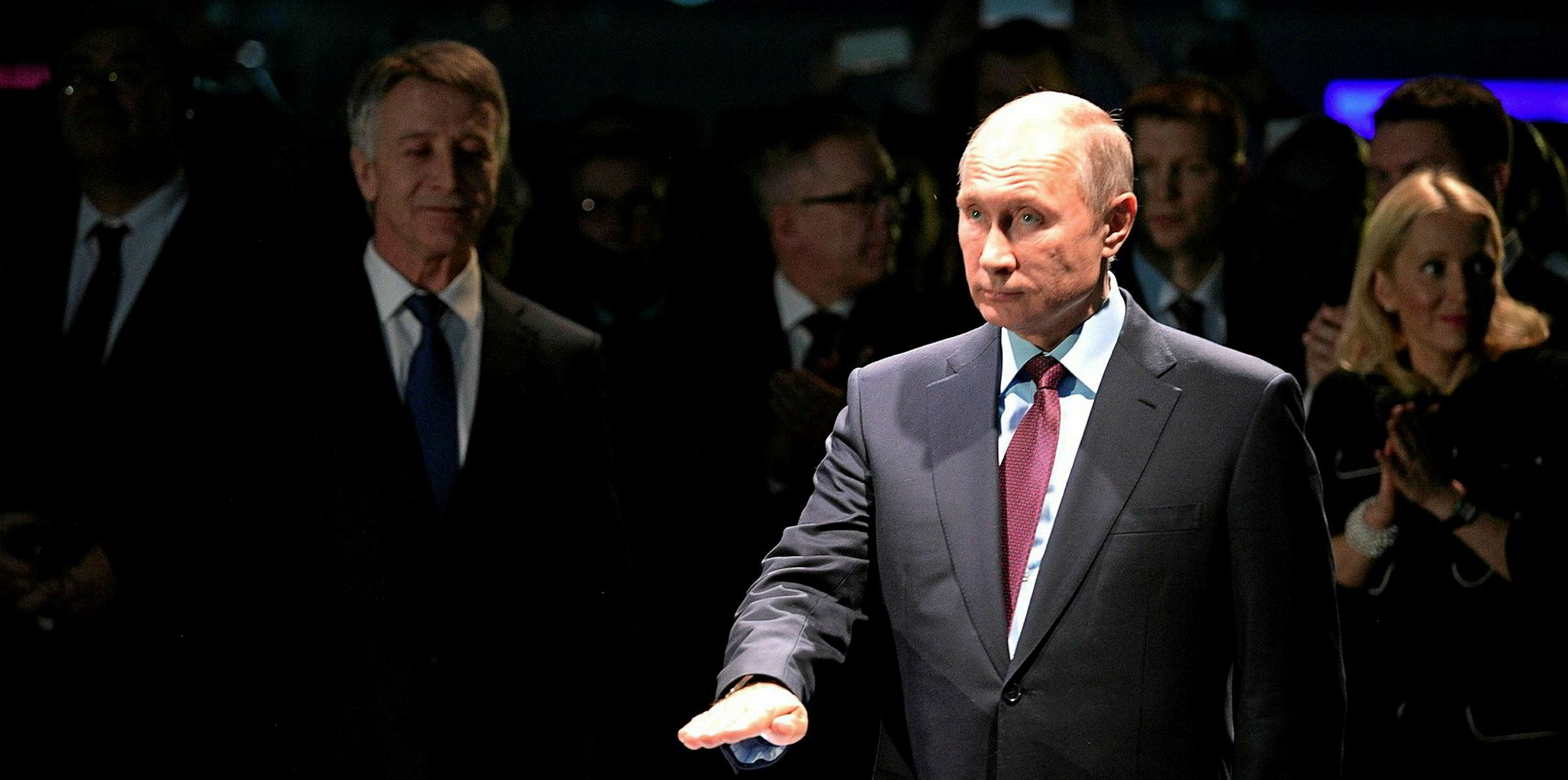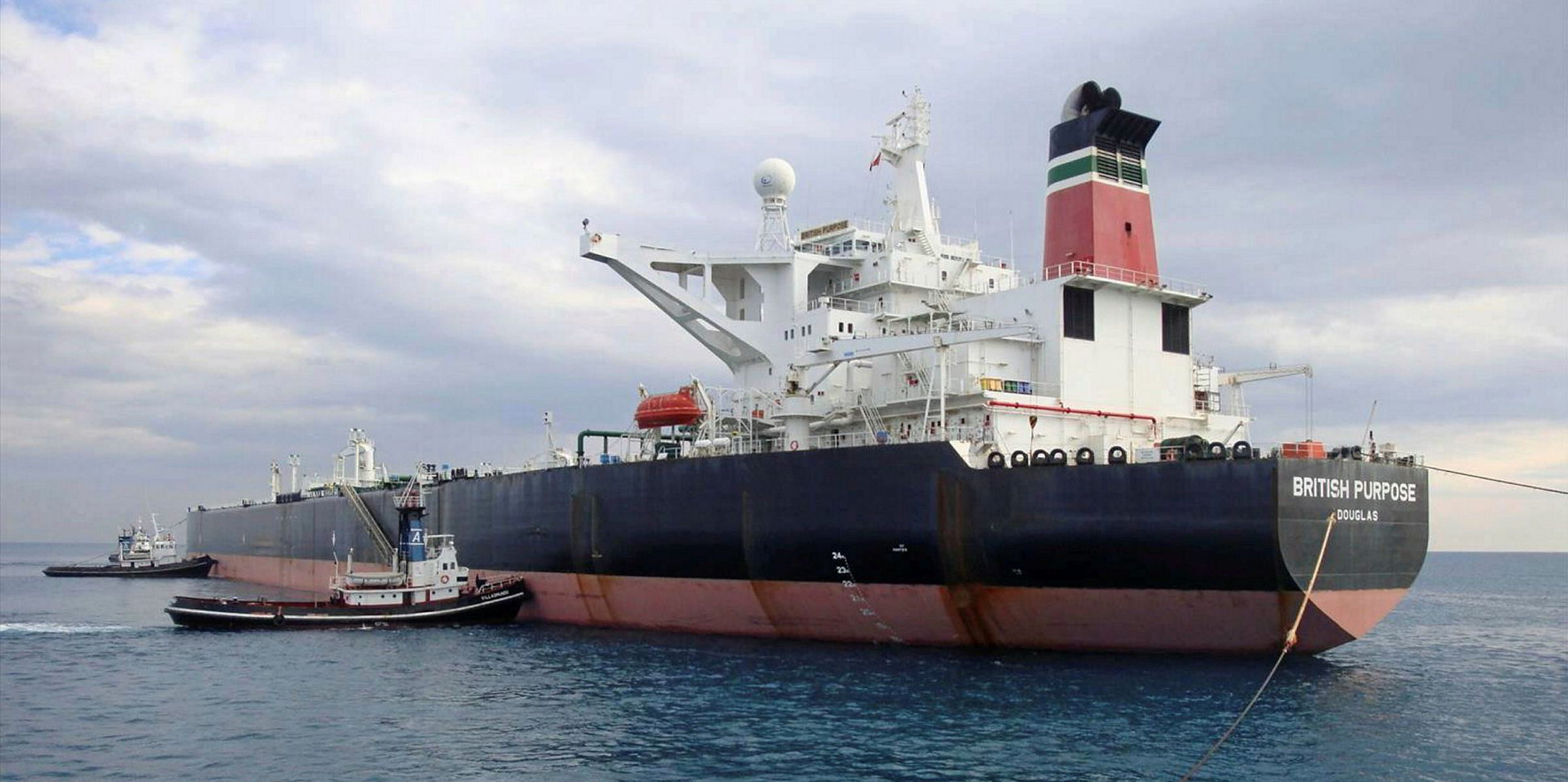This was meant to have been a year that led to what BRS Group chairman Tim Jones described as “a healthier and more sustainable future for shipping”.
Barely had the ink dried on the Paris-headquartered shipbroker's annual review last week when the spread of the coronavirus shifted attention onto the caveats that would upset its predictions.
Just a month ago, tanker, container and even bulker markets were expected to move ahead on a firmer footing.
Shipbuilding would probably experience a cyclical upswing as newbuilding prices rebounded, the review said.
A couple of niche sectors such as ro-ro and offshore seemed likely to experience overcapacity.
By April, a handful of caveats in the report warning of the impact of a "Black Swan" event seem more pertinent than ever.
Negative impact
In the tanker sector, the review said Covid-19 had “the potential to derail the positive expectations of owners”.
“Before the coronavirus started to disrupt the oil and tanker markets, fundamentals were looking supportive: fewer newbuildings, an ageing fleet over 15 years and increasing oil flows,” it said.
But the pandemic had already led to oil demand destruction in China, leading refiners there to reduce crude imports, thus hitting tanker demand and freight rates, the review observed.
“It remains to be seen how long the virus will affect the economy and, the longer it persists, the more negative its impact on tanker markets will be,” it stated.
Shipbuilding orders fell by a quarter last year after two years of continuous growth.
BRS had expected the cyclical trend to suggest that prices should rebound in the years to come, during which further yard consolidation would be likely.
But it warned that the coronavirus could lead force majeure incidents to multiply, which would “push ship deliveries into the cancellation area”.
Even the dry market had been expected to move up a gear this year, but hopes that rates might pick up have diminished since the outbreak of Covid-19.
BRS said containment of the virus deeper into 2020 and monetary stimulus could later make up for the damage to the global economy. That could lead to a very strong rebound in the market at some stage this year.
The big unknown
The prospects for larger containerships at the start of the year had not been so good as since the financial crisis, the broker said.
Enough ships of more than 8,000 teu had been immobilised through scrubber retrofit programmes to mop up the oversupply of ships over 5,000 teu.
The “big unknown” was the impact of the coronavirus on China’s economy and its consequences for world trade, which could dampen demand for the larger containership segment.
The coronavirus could bring some slippage to planned deliveries of 1.1m teu of new containerships in 2020, it said.
In the cruise sector, the outbreak of Covid-19 is severely impacting global tourism and may seriously disrupt cruise schedules and ship deployment.
The ro-ro sector was not expected to see charter rates and asset values stop falling until 2021 and car carriers might see above-average recycling levels, it said.
The chemical tanker sector suffers from overcapacity, but BRS predicted a better market balance as demand for chemicals improved.
At present, there is no recovery in sight for offshore owners and contractors amid signs that demand for oil and gas has peaked.
However, the LNG segment should remain strong, with Qatar set to launch a new batch of liquefaction trains and other projects expected to be improved in Mozambique and the US.
The annual growth rate of 4% in liquefaction capacity gives a strong signal for shipowners that more tonne miles and LNG carriers will be required, the broker concluded.







